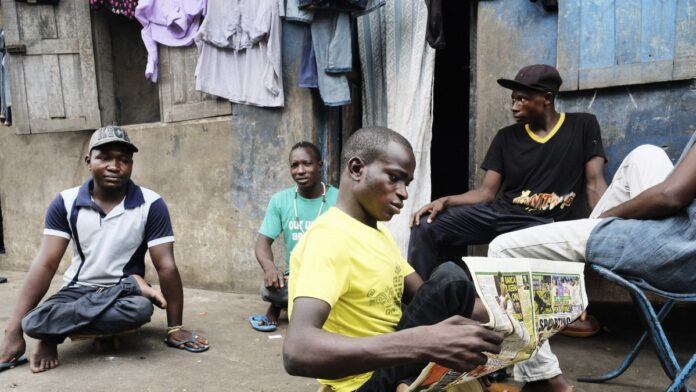By Anthony Otaru, Abuja
A group, CBM Global Disability Inclusion has lamented the high unemployment rate among persons with disabilities in the country despite the establishment of a commission that is supposed to address the situation.
The group frowned on the situation where out of the current over 40 million persons with disabilities in the country, not more than 400,000 of them representing two per cent are employed.
The Persons with Disability Prohibition Act of 2018 gave birth to the National Commission for Persons with Disabilities (NCPWD) Nigeria on October 21, 2020, to be supervised by the Federal Ministry of Humanitarian Affairs and Disaster Management.
Speaking with journalists, the Country Director, CBM Global Disability Inclusion, Ekaete Umoh, maintained that persons with disabilities were still facing unresolved challenges, lamenting that notwithstanding the establishment of NCPWD, many factors such as poor infrastructure, lack of employable skills as well as poor education, among others, still limit the employment chances of persons with disabilities.
“The COVID-19 pandemic actually exposed the country on the level persons with disabilities were neglected in the areas of lack of movement, supply of basic amenities as well as food and poor medical care for this group of people. But thank God the current administration is beginning to do the needful.
“However, I must say that the initial N1 billion budgetary allocation for the commission is far below expectations as far as their welfare is concerned. We believe they have a lot to offer if properly mentored,” she said.
She explained that the group was out to partner with the media to further sensitise stakeholders to the need to upscale the employment level of persons with disability in the society and reduce all forms of social ills currently bedeviling them.
On his part, the Programme Officer of the group, Philip Ode, said the non-profit organisation was committed to facilitate equal opportunities for employment, adding that it was also poised to address workplace culture and wider societal norms that stop persons with disabilities from being able to participate both in the public and private sector.
Ode added that the group would work with the Federal Government to ensure the inclusion of persons with disabilities in situations of crisis and conflict, including climate change through co-design and monitoring of government’s interventions towards ensuring funding for disability inclusion in key priority areas.


